One striking feature of the COVID-19 pandemic has been the number of people who have expressed pleasure in the solitariness of lockdown. ‘Solitude’ in our society is usually equated with loneliness, so people are often surprised when they discover that aloneness can bring new ways of being, new forms of self-relating which, thanks to social media, can also involve new ways of relating to others. Here, three people reflect on the pleasures that solitariness has afforded them. Some have offered brief self-descriptions that appear at the end of their testimonies.
1.
Solitude sounds like a sad word – one person stuck on their own, like on a desert island. COVID-19 solitude has not been like this for me. As a family unit, we have been isolated from friends and extended family but have been able to talk to people who we would not usually talk to. For example, neighbours whose faces we cannot see but who we can shout to over hedges.
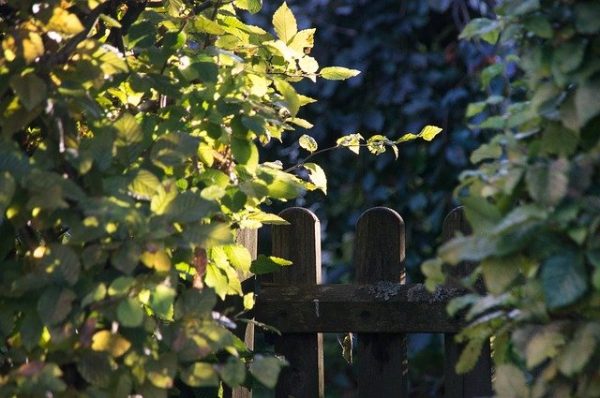
Living as a couple who are used to being together as a unit is not a challenge. For our adult children separated from partners and friends, life has been much tougher. The positives for us have included having more time to spend with our children, who live with us, and having conversations about the meaning of life and everything! We have all had the chance to get to know each other as adults and we realise just how wonderful our children are.
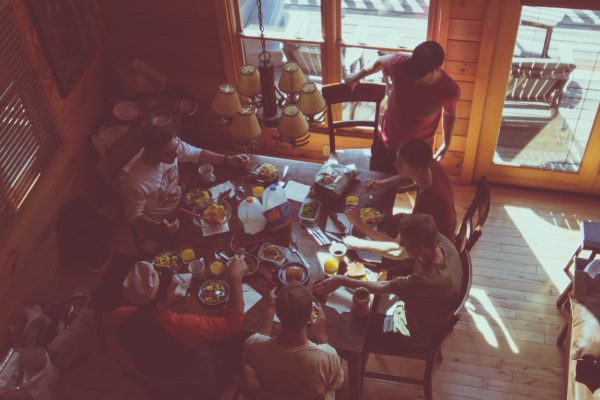
Forced ‘solitude’ has given me time: time to get fitter, lose weight, do some art, sewing, daily yoga and meditations. The pace of life has been slower and more considered. Worry about the future consequences do creep in and and keeping these at a bay is hard at times. However, time to re-evaluate what and who is important to us has been good and now, beginning to meet people again is a joy.
2.
I am an only child and grew up being very happy in my own company, reading, writing, listening to music and inventing new worlds in my imagination. My adolescence and early adulthood became a time of social anxiety when I was consumed by a desire to belong, to be part of a group, accepted and included. I began to associate solitude with ‘missing out’.
At university I struggled to fit in and felt lonely and isolated. Sitting alone in my room while other people were out socialising made solitude seem like failure.
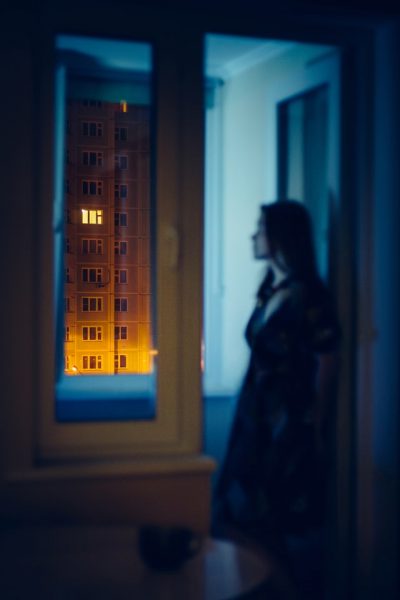
When I left university my confidence grew and I constructed an image of myself as someone who was popular, sociable and always out and about. It became almost a compulsion and my hectic social life sometimes led me to burn out and become ill with exhaustion.
For me, lockdown has been a healing experience, an opportunity to reset and reflect. I have rediscovered the joys of my own company: simple pleasures like sitting on my sofa reading, writing, discovering new music, working through my years-long backlog of film and television recommendations or sometimes simply listening to birdsong through the window.
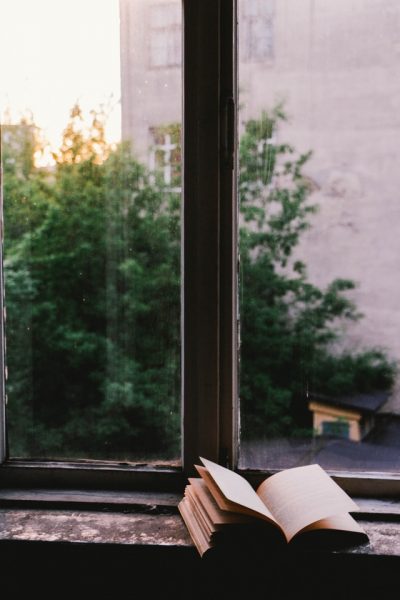
I am in frequent contact with friends via social media and phone and video calls and have begun to appreciate meaningful contact with a few important people rather than the superficial thrill of being part of a crowd. Now, as lockdown begins to ease, it is the prospect of the end of solitude which brings me anxiety.
I am a 34-year old archivist.
3.
Before the pandemic solitude was a rare thing in my life. Working in a constant customer-facing workplace, going to dance classes four times a week and having an active social life meant solitude was almost none existent and something I craved.
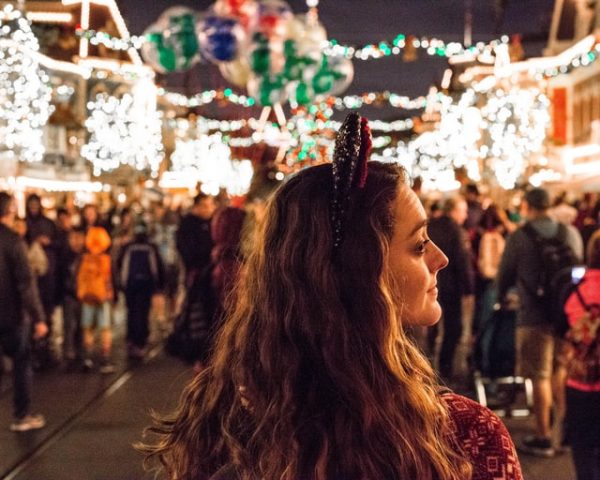
When lockdown hit and all these things stopped solitude kicked it very quickly and I felt very alone and unfamiliar. Over the weeks, however, I have started to appreciate solitude and see it more of a positive rather than a negative as a time for focusing on myself. Nevertheless I have massively missed my friends and family. I think COVID has taught me to try and use solitude wisely, but only ever in small doses so as not to allow loneliness to set in.
Our project is very grateful to everyone who took the time to tell us about their experiences. We are still collecting solitude testimonies for our project. If you would like to contribute, please click here to be taken to our survey.